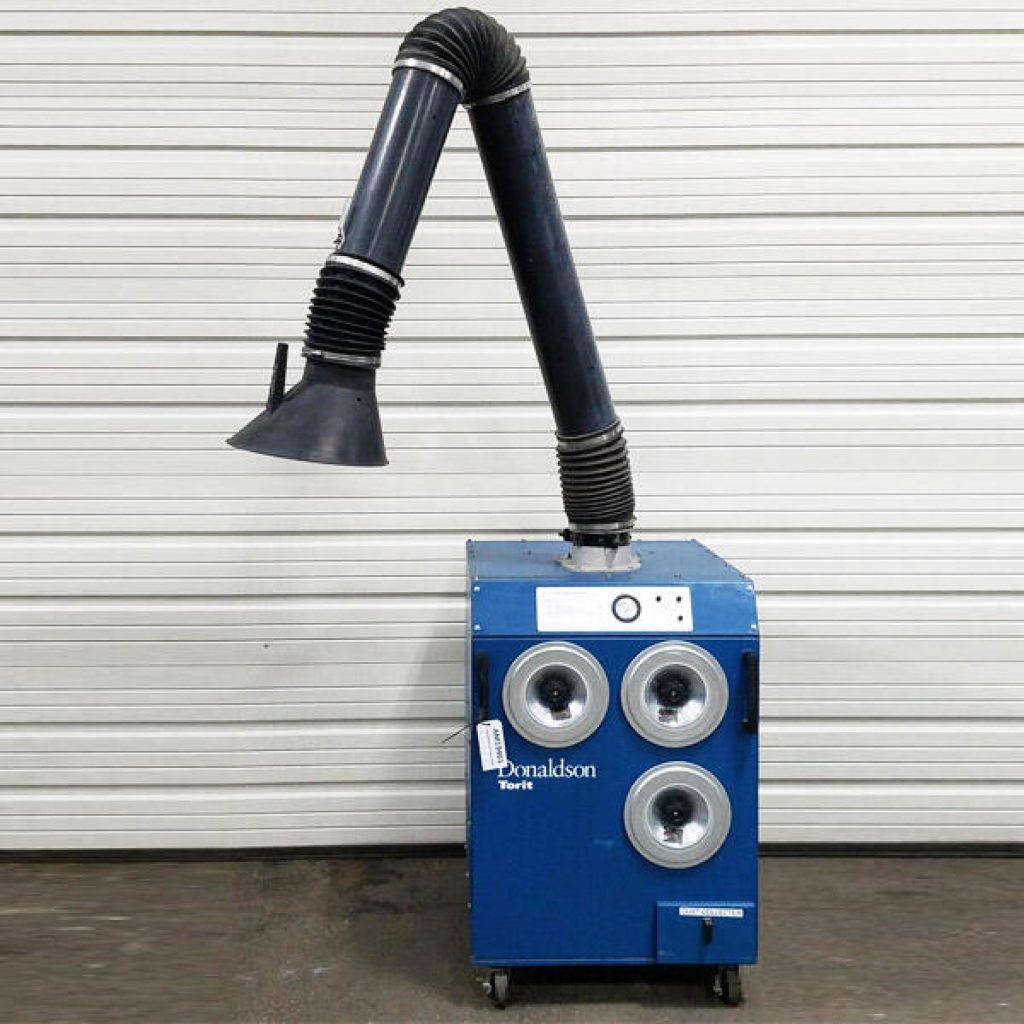In various industrial settings, dust and particulate matter are unavoidable byproducts of manufacturing processes. From woodworking and metalworking to construction and food processing, airborne dust can pose significant health risks to employees. This is where dust collectors come into play, serving as essential equipment for maintaining a safe and healthy workplace.
Understanding the Health Risks
Exposure to airborne dust can lead to a range of health issues. Fine particles can irritate the respiratory system, leading to chronic conditions such as asthma, chronic obstructive pulmonary disease COPD, and even lung cancer in extreme cases. Additionally, certain types of dust such as silica, asbestos, and wood dust can trigger severe health complications. Long-term exposure not only affects the workers’ immediate health but can also result in chronic diseases that develop over years, affecting quality of life and leading to increased healthcare costs for employers.

The Role of Dust Collectors
Dust collectors are specialized filtration systems designed to capture and filter airborne particles before they can affect the work environment. The dust collector troubleshooting can range from simple portable units to complex industrial setups integrated into larger machinery. Their primary function is to maintain air quality, ensuring that dust and particulates are effectively removed from the air.
Preventative Health Benefits
Reduction of Respiratory Issues – By removing airborne dust, dust collectors significantly reduce the incidence of respiratory problems among workers. When airborne particulate levels are minimized, employees can breathe easier, which is crucial for maintaining overall health and productivity.
Improved Workplace Safety – A clean environment is a safer environment. Dust accumulation can lead to slips, trips, and falls, as well as increase the risk of fire hazards, especially in industries dealing with combustible dust. Implementing dust collection systems helps mitigate these risks, creating a safer workplace.
Enhanced Productivity – Healthier employees are more productive. When workers are not suffering from respiratory issues or other dust-related ailments, they can focus better on their tasks. Additionally, a cleaner work environment can lead to fewer absences and improved morale among staff.
Compliance with Regulations – Many industries are subject to strict health and safety regulations regarding air quality. Installing dust collectors can help companies comply with these regulations, avoiding potential fines and legal issues while promoting a culture of safety.
Long-term Financial Savings – Investing in dust collection systems can lead to significant cost savings over time. By reducing health risks, companies can lower healthcare costs, decrease absenteeism, and minimize the risk of workplace accidents. This investment can result in a healthier bottom line, both financially and ethically and go here www.tysum.com.
The implementation of dust collectors in the workplace is a proactive measure that addresses several critical health and safety concerns. By effectively mitigating the risks associated with airborne dust, these systems not only protect employees but also foster a more productive and compliant work environment. As industries continue to prioritize health and safety, the importance of dust collectors will only grow, making them a vital component in the pursuit of a safer workplace for all.
